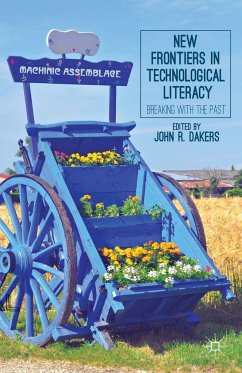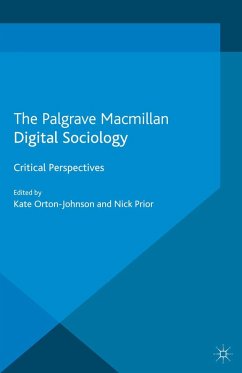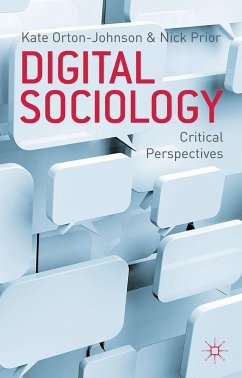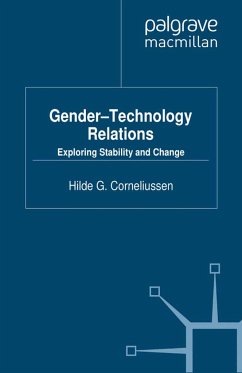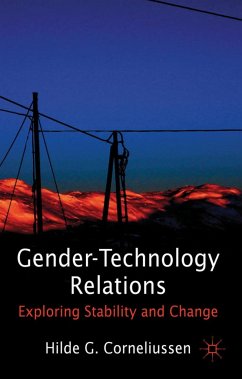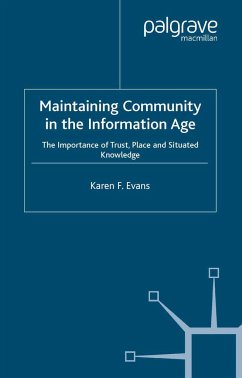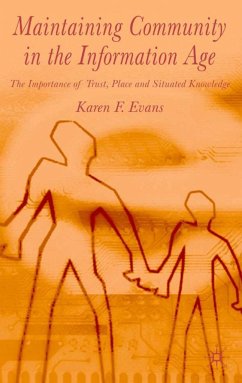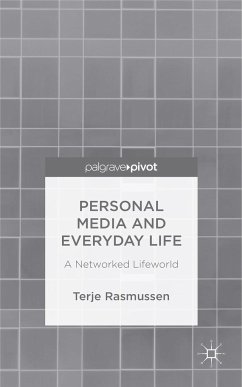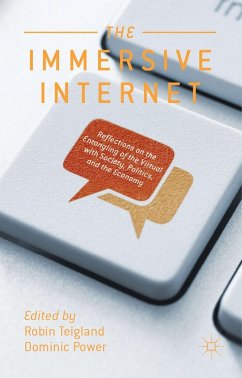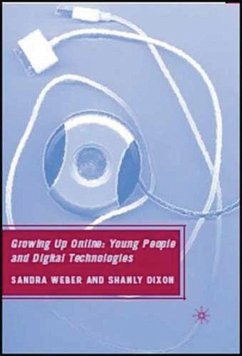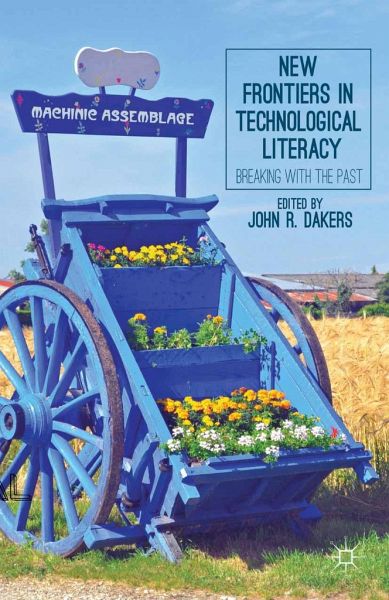
New Frontiers in Technological Literacy
Breaking with the Past
Herausgegeben: Dakers, J.

PAYBACK Punkte
19 °P sammeln!
This book attempts to rethink the concept of technological literacy in a modern context, not only in terms of a subject area taught in schools, but also as an important general concept that all citizens should engage with. As this book will illustrate, the concept of technological literacy has no universally agreed definition.





